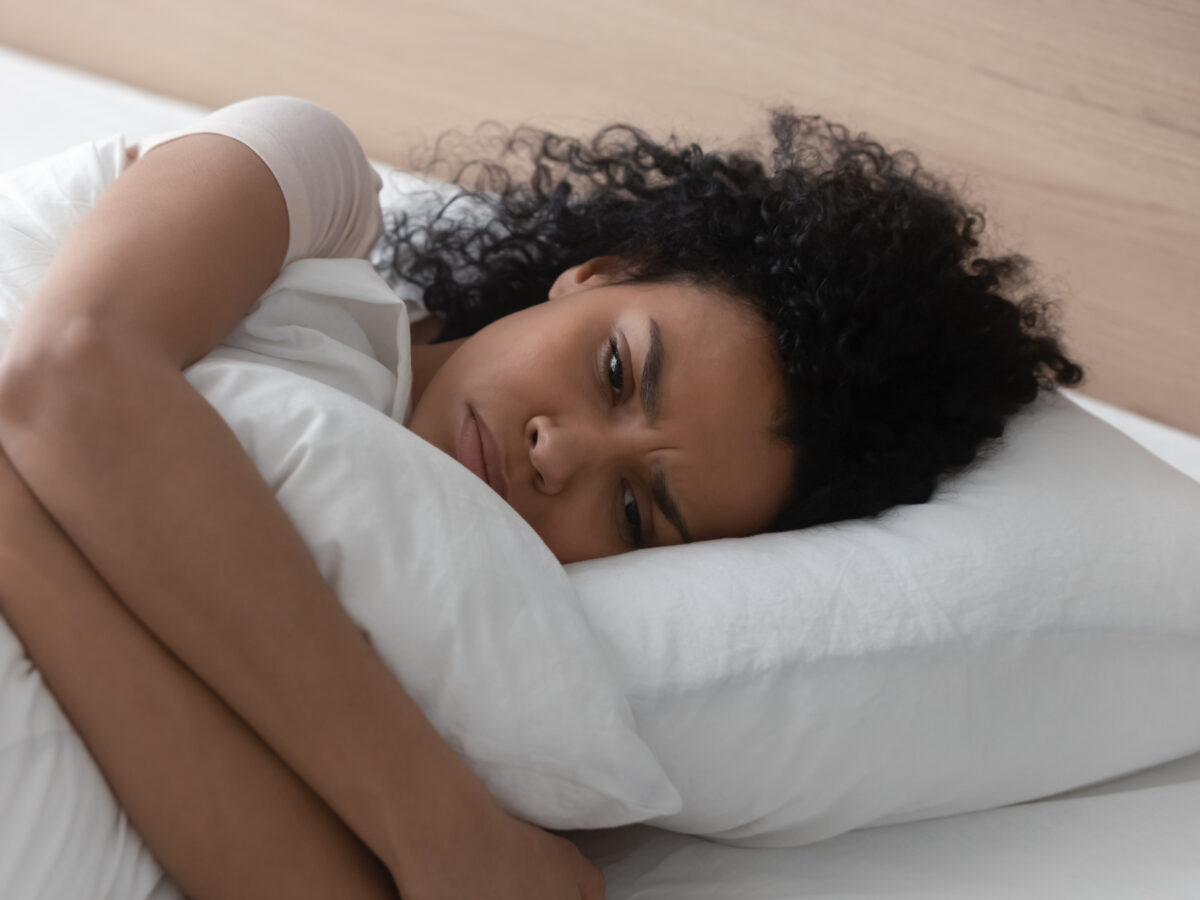Nearly one third of the UK’s population struggle with insomnia, sleep deprivation and other sleep related issues. Sleep is one of the fundamental pillars of good health alongside diet, exercise and relaxation.
Sleep is a natural state of rest characterised by a reduction in physical activity and decreased responsiveness to external stimuli. It is an essential component of human health and wellbeing, crucial for optimal physical and cognitive functioning. Adequate sleep is critical for the restoration and regeneration of the body and mind, facilitating memory consolidation, learning, and emotional regulation.

The importance of sleep cannot be overstated, as it impacts virtually every aspect of our lives. The recommended amount of sleep varies depending on age, with adults typically needing 7-9 hours of sleep per night. Insufficient sleep, whether it is due to chronic sleep deprivation, sleep disorders, or other factors, can have a significant negative impact on our physical, emotional, and cognitive health.
If you don’t get enough sleep, you may experience a range of adverse effects. These can include difficulty concentrating, memory impairment, mood swings, irritability, and reduced productivity. Chronic sleep deprivation has also been linked to an increased risk of developing conditions such as obesity, diabetes, heart disease, and depression. In addition, sleep deprivation can compromise the immune system, leaving individuals more susceptible to infections and illnesses.
It is essential to prioritise sleep as part of a healthy lifestyle, including maintaining a consistent sleep schedule, creating a comfortable sleep environment, and engaging in relaxation techniques to promote better sleep quality. If you are struggling with sleep, it is important to speak with a healthcare professional, as they can help identify any underlying issues and develop a treatment plan to improve your sleep health.
A few tips for better sleep:
- Avoid large meals, caffeine and alcohol before bedtime
- Limit daytime naps
- Create a relaxing atmosphere; darkness promotes sleep
- Avoid technology in your bedroom
- Have some relaxing herbal tea one hour before bedtime
- Magnesium lotion – can be an evening routine to unwind – the magnesium gets absorbed into the body through the skin and soothes muscle tension, physically relaxing the body and helping drift off to sleep
Learn more:
At MindBerry our professionals can provide one-to-one as well as team “lunch and learn” sessions. In these sessions we explore why sleep is so important to us all, what normal sleep looks like and how you can understand your own sleep patterns. You’ll learn various tried and tested tips, including how mindfulness, meditation and breathing can help. ‘GET IN TOUCH’ to find out more.


